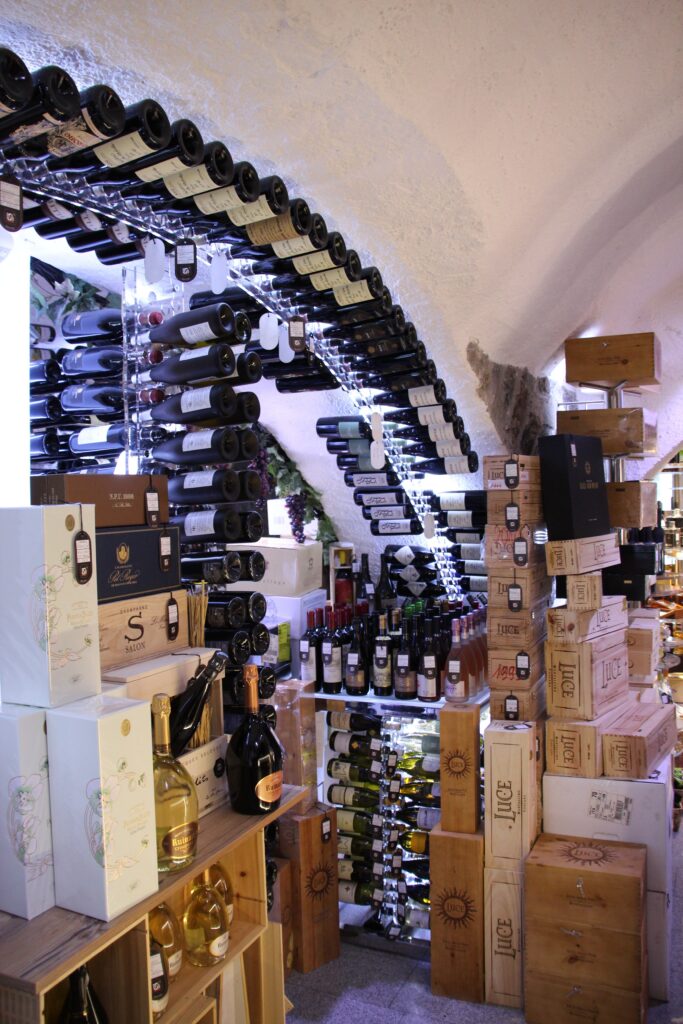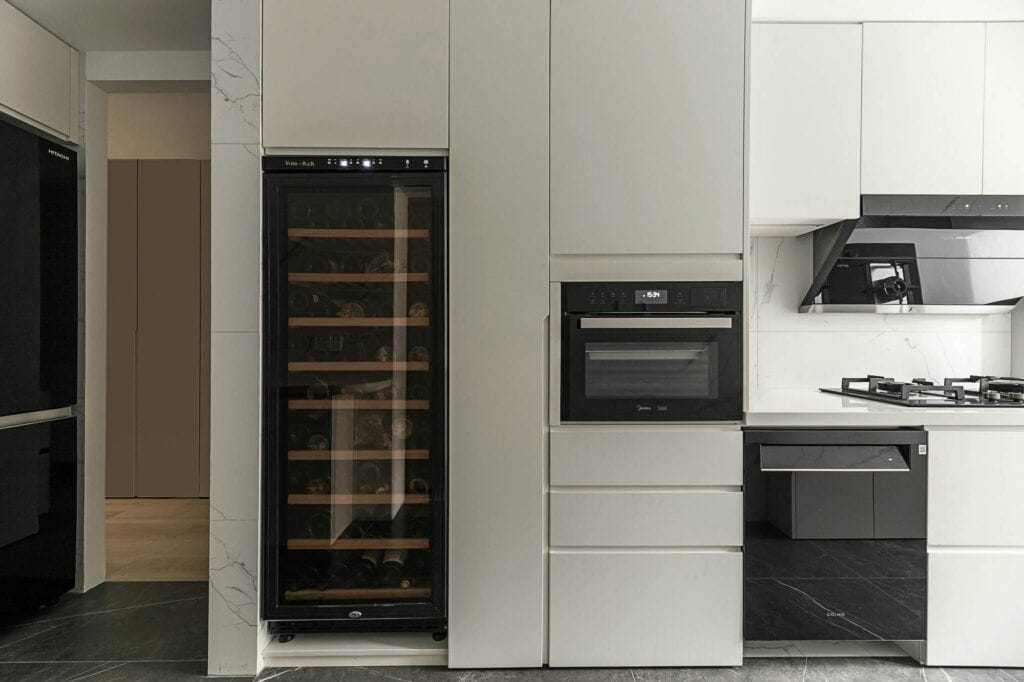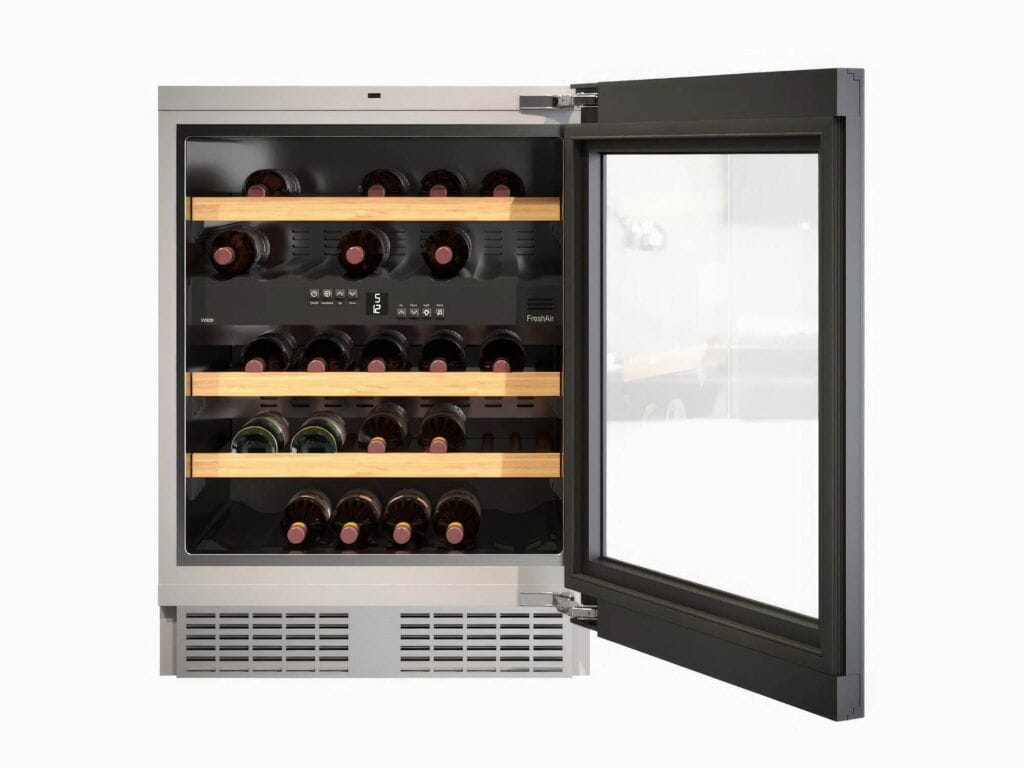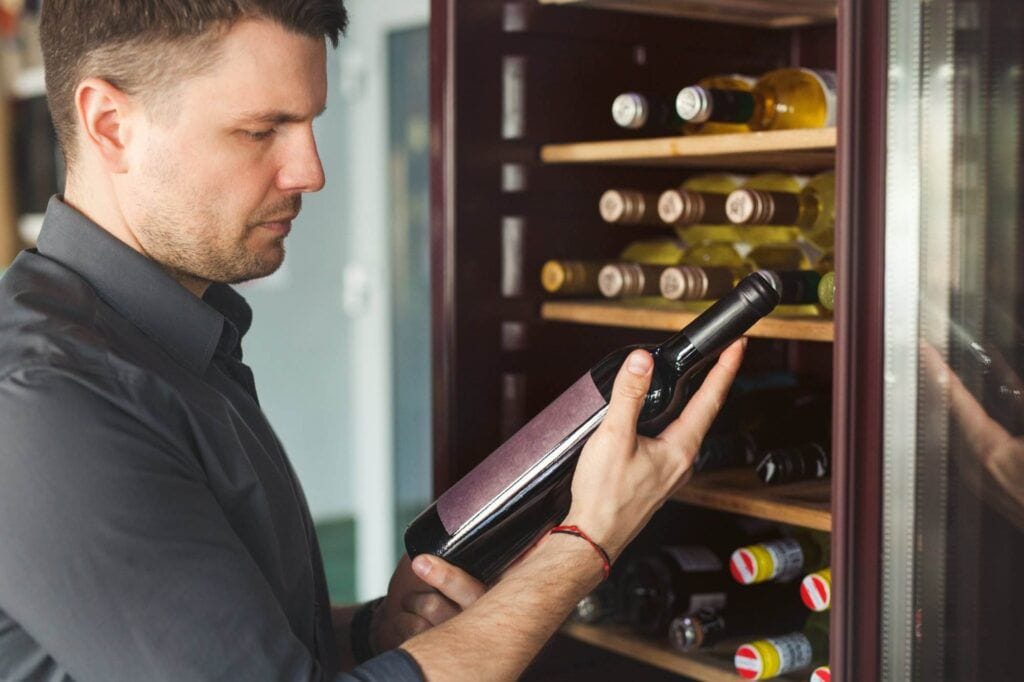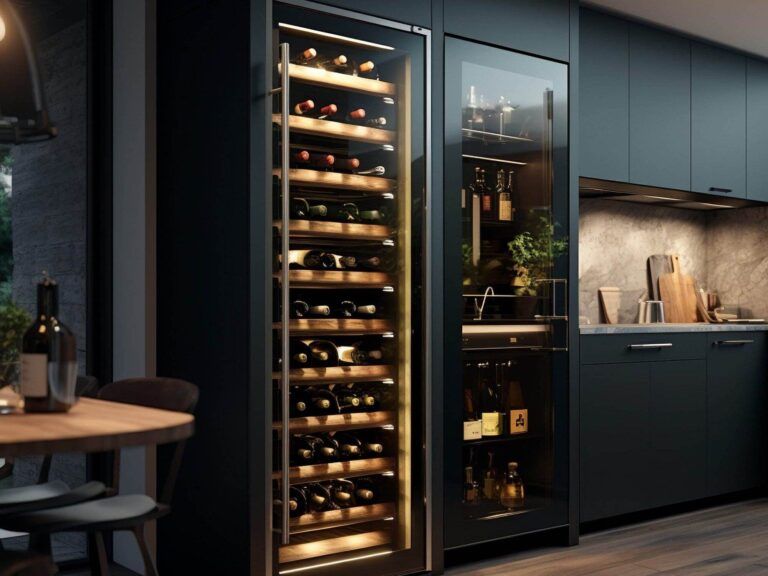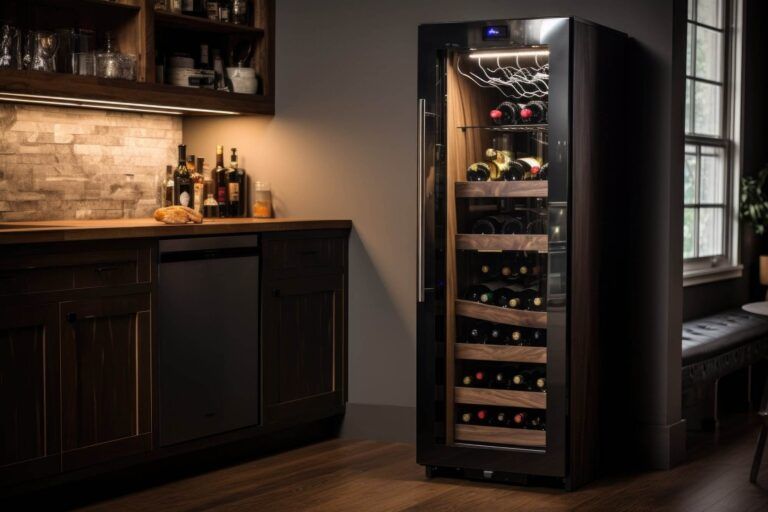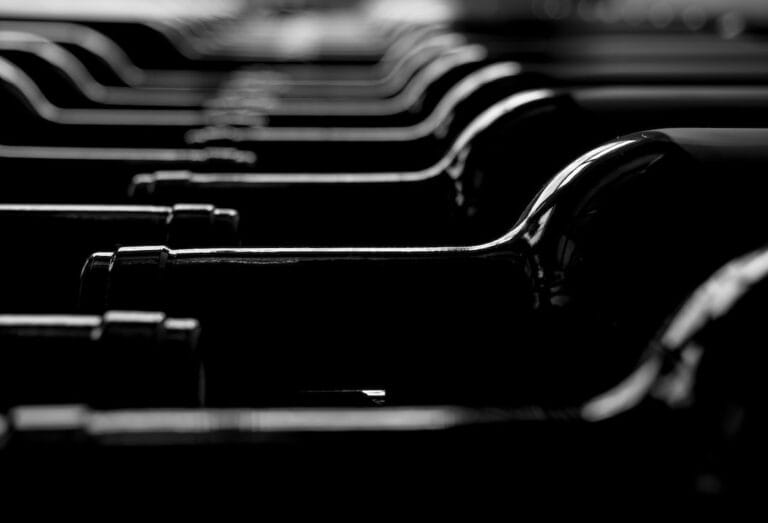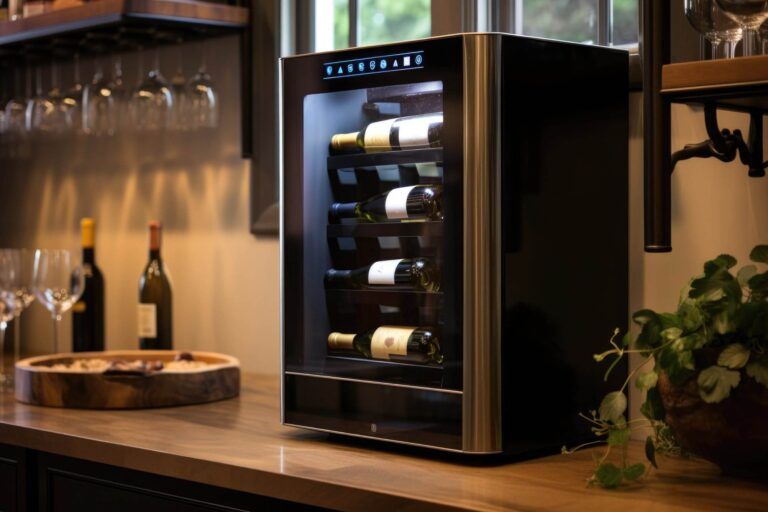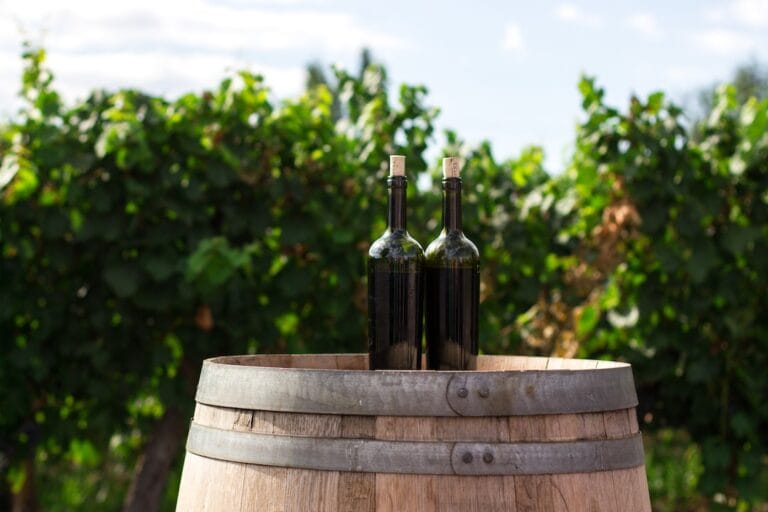Selecting wine cooler compressors rated for coastal air corrosion
Coastal environments present unique challenges for various appliances, particularly those that rely on metal components, such as wine coolers. The salty air prevalent in these regions can lead to accelerated corrosion, which can significantly affect the performance and longevity of compressors. This phenomenon occurs because salt particles in the air can settle on surfaces and create a corrosive environment, especially when combined with moisture.
Over time, this can lead to rust and degradation of metal parts, ultimately compromising the functionality of the wine cooler. The impact of coastal air corrosion is not merely a cosmetic issue; it can have serious implications for the preservation of wine. A malfunctioning compressor can lead to temperature fluctuations, which can spoil wine and diminish its quality.
Therefore, understanding the effects of coastal air on appliances is crucial for anyone living in such areas. By recognizing the risks associated with corrosion, wine enthusiasts can take proactive measures to protect their investments and ensure that their wine is stored under optimal conditions.
Key Takeaways
- Coastal air corrosion can significantly impact the lifespan and performance of compressors.
- Selecting corrosion-resistant compressors is crucial for coastal environments to prevent damage and deterioration.
- When choosing wine cooler compressors for coastal areas, factors such as material, design, and maintenance are important considerations.
- Corrosion-resistant materials for compressors include stainless steel, aluminum, and coated metals to withstand coastal air corrosion.
- Proper maintenance and care, such as regular cleaning and inspections, are essential for extending the lifespan of corrosion-resistant compressors in coastal areas.
Importance of Selecting Corrosion-Resistant Compressors
When it comes to wine coolers, selecting a compressor that is resistant to corrosion is paramount, especially for those situated in coastal regions. Corrosion-resistant compressors are designed to withstand the harsh conditions posed by salty air and humidity, ensuring that they operate efficiently over time. These compressors not only enhance the durability of the wine cooler but also contribute to maintaining a stable temperature, which is essential for preserving the integrity of wine.
Investing in corrosion-resistant compressors can save wine enthusiasts from costly repairs and replacements down the line. The initial cost may be higher than standard compressors, but the long-term benefits far outweigh this expense. A reliable compressor will not only extend the lifespan of the wine cooler but also provide peace of mind that the wine is being stored in an environment conducive to its preservation.
Therefore, selecting a compressor that can withstand coastal conditions is a critical decision for anyone serious about wine storage.
Factors to Consider When Choosing Wine Cooler Compressors
Choosing the right compressor for a wine cooler involves several important factors that go beyond just corrosion resistance. One of the primary considerations is the size and capacity of the compressor, which should align with the volume of wine being stored. A compressor that is too small may struggle to maintain the desired temperature, while one that is too large could lead to unnecessary energy consumption and fluctuations in temperature.
Another factor to consider is energy efficiency. Compressors with higher energy efficiency ratings not only reduce electricity costs but also contribute to a more sustainable environment. Additionally, noise levels are an important consideration; quieter compressors are preferable in residential settings where noise can be disruptive.
Finally, warranty and service options should also be evaluated, as these can provide additional assurance regarding the reliability and longevity of the compressor.
Types of Corrosion-Resistant Materials for Compressors
The materials used in the construction of compressors play a significant role in their resistance to corrosion. Stainless steel is one of the most commonly used materials due to its inherent resistance to rust and corrosion. It is durable and can withstand exposure to moisture and salt without deteriorating quickly.
Additionally, certain coatings can be applied to metal components to enhance their resistance to corrosion further. Another material gaining popularity in compressor design is aluminum, which is lightweight and resistant to corrosion when treated properly. Some manufacturers also utilize specialized alloys that combine various metals to create a more robust and resilient product.
Understanding these materials and their properties can help consumers make informed decisions when selecting compressors for their wine coolers, particularly in coastal environments where corrosion is a significant concern.
Proper Maintenance and Care for Corrosion-Resistant Compressors
Even with corrosion-resistant compressors, proper maintenance is essential to ensure optimal performance and longevity. Regular cleaning is crucial; dust and salt deposits can accumulate on the exterior and interior components, leading to potential issues if not addressed. Using a soft cloth and mild cleaning solution can help maintain the compressor’s appearance and functionality without causing damage.
Additionally, periodic inspections are vital for identifying any signs of wear or corrosion early on. Checking seals, gaskets, and connections can prevent small issues from escalating into major problems. It’s also advisable to keep the area around the wine cooler well-ventilated to minimize moisture buildup, which can contribute to corrosion over time.
By implementing these maintenance practices, owners can significantly extend the lifespan of their corrosion-resistant compressors.
Comparing Different Compressor Options for Coastal Environments
When evaluating compressor options for coastal environments, it’s essential to compare various models based on their features and specifications. Some compressors are specifically designed with enhanced corrosion resistance in mind, featuring advanced coatings or materials that provide superior protection against salty air. Others may offer additional features such as variable speed technology, which allows for more efficient operation by adjusting cooling power based on demand.
Energy efficiency ratings are another critical aspect to consider during comparisons. Compressors with higher ratings not only save on energy costs but also tend to have longer lifespans due to less wear and tear from constant operation at peak levels. Furthermore, examining user reviews and expert recommendations can provide valuable insights into how different models perform in real-world coastal conditions.
This thorough comparison process ensures that consumers make informed choices tailored to their specific needs.


Tips for Extending the Lifespan of Wine Cooler Compressors in Coastal Areas
To maximize the lifespan of wine cooler compressors in coastal areas, several proactive measures can be taken. First and foremost, ensuring proper installation is crucial; placing the cooler in a location that minimizes exposure to direct salt air can significantly reduce corrosion risks. Additionally, using protective covers when the cooler is not in use can help shield it from environmental elements.
Regularly monitoring humidity levels within the wine cooler is also essential. High humidity can exacerbate corrosion issues; therefore, using a dehumidifier or silica gel packs can help maintain optimal conditions inside the unit. Lastly, keeping an eye on temperature settings ensures that the compressor does not work harder than necessary, which can lead to premature wear.
By implementing these tips, wine enthusiasts can enjoy their collections without worrying about compressor failure due to coastal conditions.
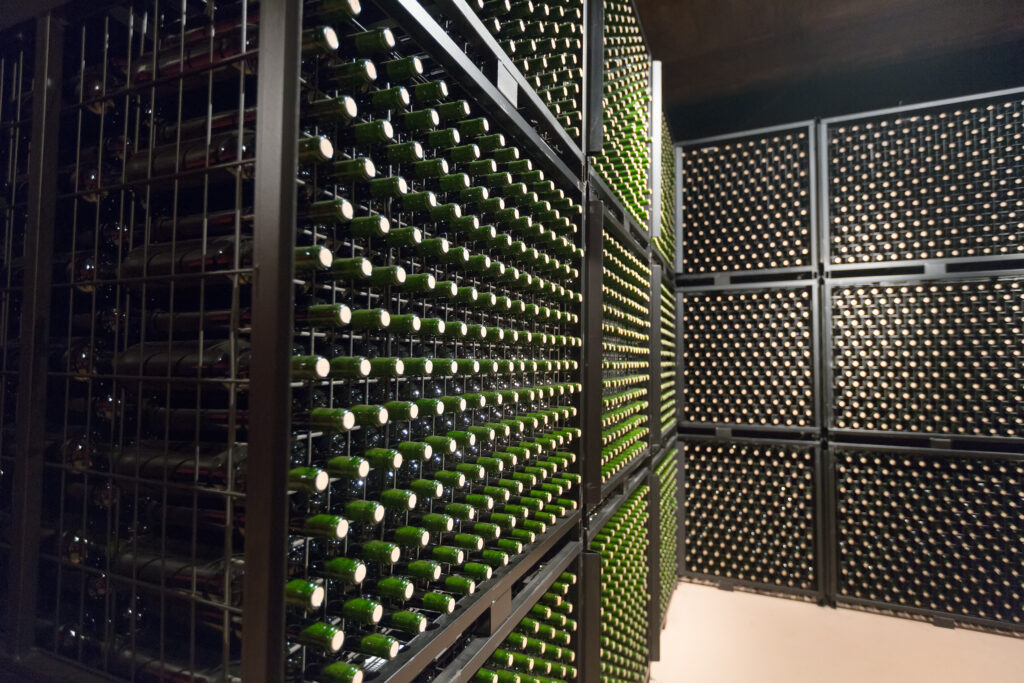
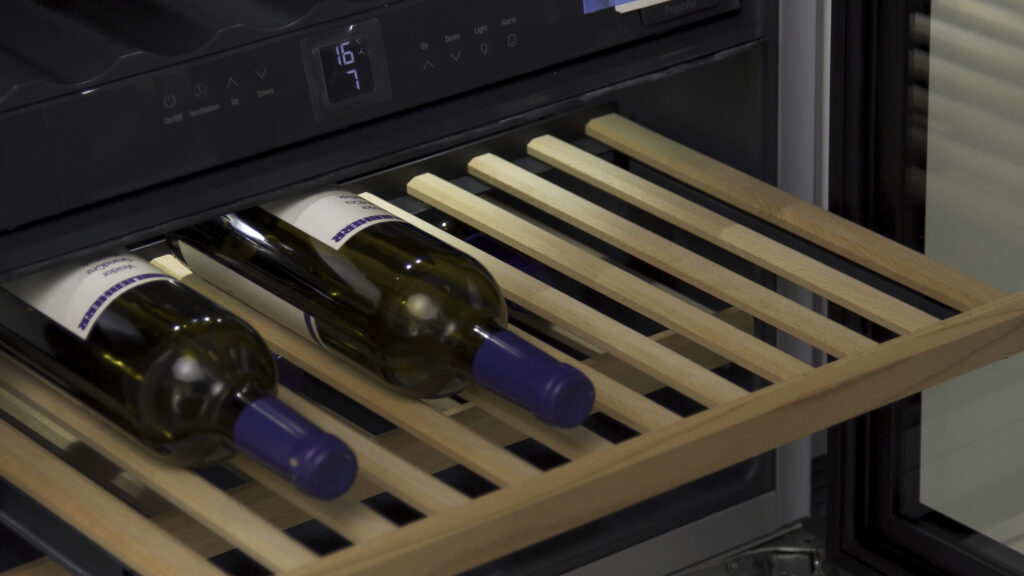
Consulting with Experts for the Best Compressor Selection
When it comes to selecting the best compressor for a wine cooler in a coastal environment, consulting with experts can provide invaluable guidance. Professionals who specialize in wine storage solutions understand the unique challenges posed by coastal air and can recommend specific models that have proven effective in similar conditions. They can also offer insights into installation best practices and maintenance routines tailored to prolonging compressor life.
Moreover, expert consultations often include discussions about future needs as well as current requirements. As wine collections grow or change over time, having a knowledgeable resource can help ensure that any new purchases align with evolving storage needs. Ultimately, leveraging expert advice not only simplifies the selection process but also enhances confidence in making an investment that will protect valuable wine collections for years to come.
FAQs
What is a wine cooler compressor?
A wine cooler compressor is a device that circulates refrigerant through the cooling system of a wine cooler, allowing it to maintain a consistent temperature for storing wine.
What is coastal air corrosion?
Coastal air corrosion refers to the process by which the salty and humid air near coastal areas can cause accelerated corrosion and deterioration of metal components and surfaces.
Why is it important to select wine cooler compressors rated for coastal air corrosion?
It is important to select wine cooler compressors rated for coastal air corrosion because standard compressors may not be able to withstand the corrosive effects of coastal air, leading to premature failure and reduced lifespan of the wine cooler.
What are the characteristics of wine cooler compressors rated for coastal air corrosion?
Wine cooler compressors rated for coastal air corrosion are typically made of corrosion-resistant materials such as stainless steel or coated with protective layers to prevent damage from exposure to salty and humid air.
How can I identify wine cooler compressors rated for coastal air corrosion?
You can identify wine cooler compressors rated for coastal air corrosion by looking for specific product specifications or certifications that indicate their resistance to corrosion in coastal environments. It is also advisable to consult with manufacturers or experts in the field for guidance.
